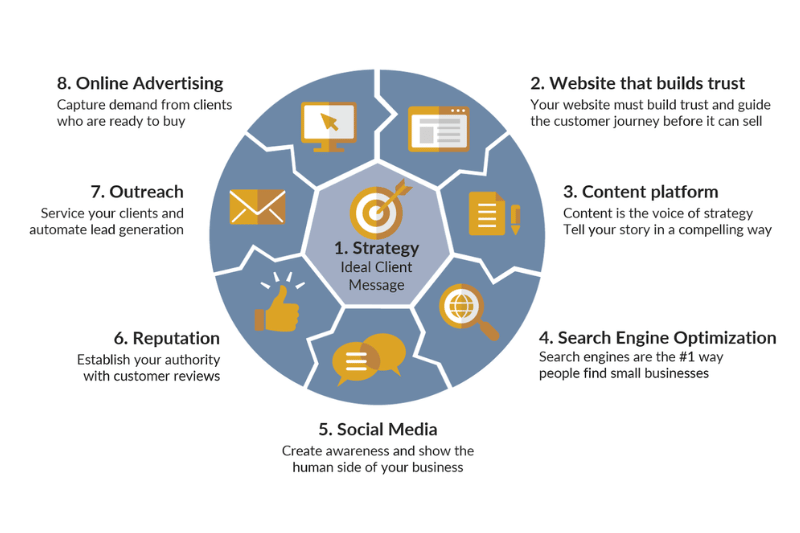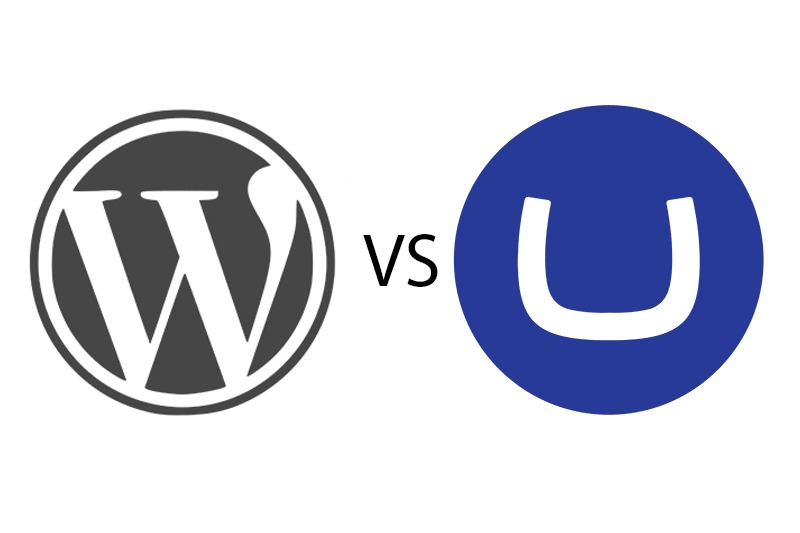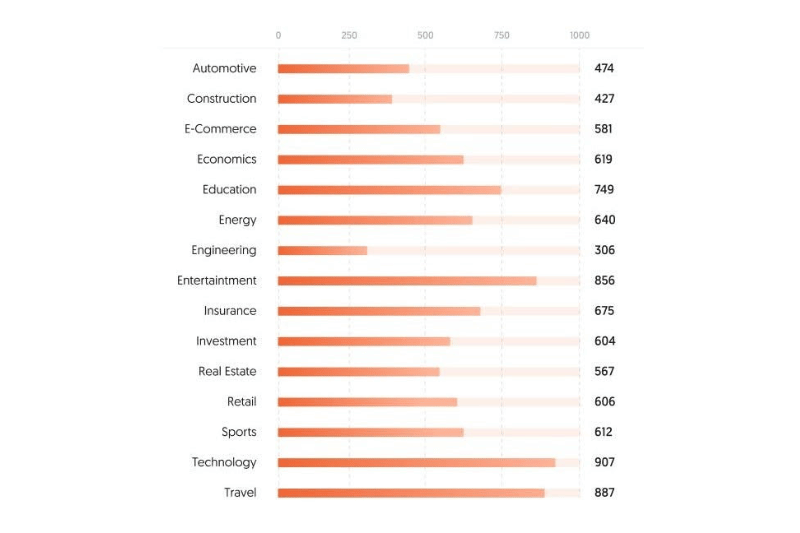Your Website May Have Been Deindexed By Google – Here’s What to Do

What happened?
On April 5th, 2019 Google released a formal issue that a bug had been indexing web pages, causing pages to fall out and in of organic rankings. For website owners and digital marketers alike, this was a serious cause for alarm, and truth be told, your website may have been affected. A report from Moz estimated that as many as 4% of Google's indexed websites were affected.
What is indexing, and how would I be affected?
If you own a website, Google performs indexing to make sure that your website and its respective pages appear within a search engine. Whether or not you get indexed can ultimately affect your source of organic traffic, depending on how many visitors find out about your website through Google.
How can I find out if I'm affected?
Finding out whether or not you were deindexed is pretty simple.
Simply use a browser of your choice (ensure that the URL bar is linked to a search engine), and type "site:yourwebsite.com".
Doing so shows the results of your site's pages that are indexed. If your web pages appear, then you probably weren’t affected. If your website or any of its pages don't appear, then you may have been deindexed.
If I was deindexed, what should I do?
Google has indicated that the problem has been resolved, but a few are still complaining that their websites have been deindexed. If you were in fact deindexed, or if you haven't indexed your website already, the easiest remedy would be to use Google's Search Console URL Inspection Tool to submit a request to have your URL indexed.
How do I protect my website from future deindexing?
Google deindexing bugs aren’t the only things that cause websites to be deindexed. In fact, much of what you choose to put into or exclude from your website informs Google whether or not to index your pages. To make sure that you don’t get deindexed, it’s important to follow these practices:
1. Make Sure Your Website Communicates the Same Message to a Search Engine as Its Users
If your meta content tells Google about your content, but your IP address redirects the user to completely different content unrelated to the search query, you’ll be flagged.
2. Keep Your Footer Free from External links
Google’s panda algorithm makes sure that website owners aren’t abusing the space of a footer to promote external websites. Make sure your footer only links to other pages within your website, and if you absolutely need to link to an external site, make sure you use the noindex metatag.
3. Follow Google’s Structured Data Guidelines
Google likes websites that it can understand. The way that google understands a web page is through its structured data. To make sure you are implementing structured data on your web page, you can use Google’s Structured Data Testing tool. If your website doesn’t seem to have any structured data, consider reading their guidelines.
4. Don’t Post Spam Your Site in Other People’s Comment Section
To improve their ranking, many website owners use the comment section of blogs with high traffic to reference and bring greater traffic to their own website. Google often marks these links included in these comments as spam, but it can also flag the very website itself. If others are doing so within your own blog, moderate your comments and delete any content that seems like spam or unnatural.
5. Don’t Overuse Keywords
There’s nothing wrong with using keywords in your content, but if you do too much, Google will flag you. Hiding your keywords by either making font too small or colouring it with a font that’s the same as the background is what many call ‘Black hat SEO’, and Google will flag you for it. Do your appropriate keyword research and use it tastefully on relevant pages.
Reference Links
https://moz.com/blog/how-bad-was-googles-deindexing-bug
https://www.seroundtable.com/google-fixed-google-de-indexing-bug-27397.html
https://www.mediapost.com/publications/article/334406/googles-deindexing-bug-random-or-systematic.html
https://www.searchenginejournal.com/deindexed-by-google-how-to-recover/257921/#close
https://www.bizwisdom.com.au/blog/google-randomly-deindexing-pages-whats-the-impact-and-how-to-fix-it/
https://gainlocal.net/blog/technical-seo/google-is-deindexing-websites-without-any-known-reason-heres-how-to-fix-it/
Do you have any questions on the above, or would you like to share your experience? Just email ideas@mawazo.ca or call +1 (833) 503-0807.
At Mawazo Marketing we work with owners of B2B companies who want to accelerate their business. We help them with a concrete digital growth plan, a website that saves operational cost, and a digital marketing system that generates leads. For qualifying clients we offer a 5x ROI guarantee: if we don't reach the objective, then we pay back the difference. Book a Free Strategy Session to find out more.












